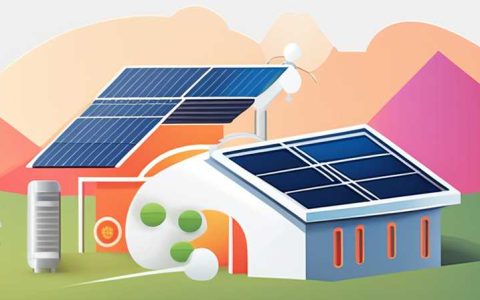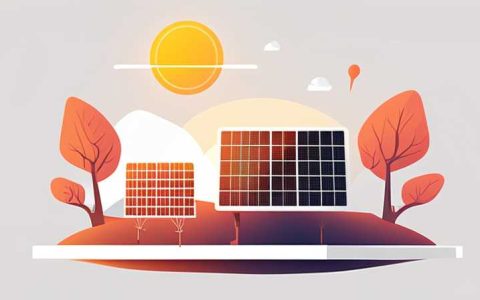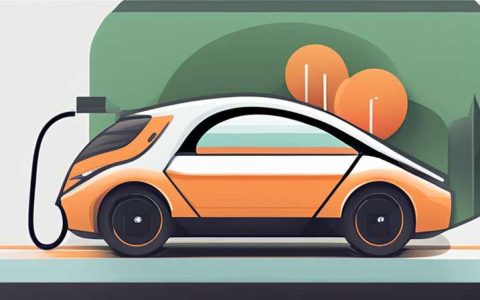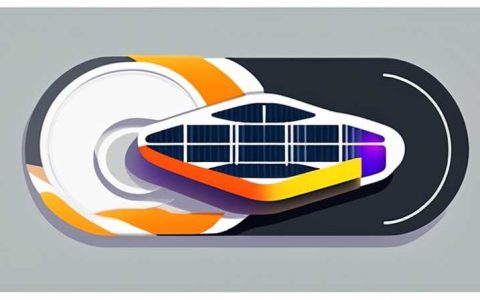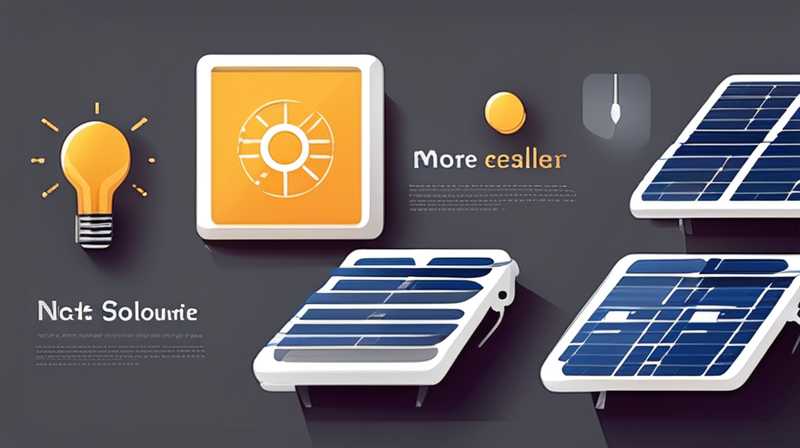
What can use solar panels? Solar panels can be utilized for a variety of applications including 1. Residential energy generation, 2. Commercial power supply, 3. Automotive energy systems, 4. Remote power solutions. These applications leverage solar technology to harness sunlight and convert it into usable electricity, significantly contributing to energy sustainability.
The residential segment has seen a considerable rise in solar panel installations, primarily driven by the desire for energy independence and reduction in utility costs. Many homeowners are increasingly adopting solar as a long-term investment whose benefits accumulate over time. Solar panels are often installed on rooftops or within properties to cater to most energy needs, such as heating water, powering electrical appliances, and even charging electric vehicles. Moreover, through net metering policies, homeowners can also sell excess energy back to the grid, maximizing their investment in solar infrastructure.
On a larger scale, commercial enterprises are increasingly integrating solar panels into their energy strategies as a means of reducing operational costs and minimizing their carbon footprint. Businesses can rely on solar energy to power their facilities, from small local shops to large manufacturing plants. The installation of solar panels not only facilitates significant savings on energy bills but also enhances brand image by showcasing a commitment to sustainability. Additionally, companies that leverage solar energy can often obtain tax incentives, further amplifying financial benefits.
The automotive sector too has begun exploring solar technology as an auxiliary power source. Some manufacturers and innovators are developing solar-powered vehicles, enabling cars to utilize solar energy for charging batteries. This exploration represents a forward-thinking approach to mitigate reliance on fossil fuels while promoting eco-friendly transportation solutions. Furthermore, solar panels can be integrated into existing vehicles to provide power for auxiliary systems, enhancing efficiency in electric automobiles.
For remote locations where the grid is inaccessible or unreliable, solar panels serve as a vital energy solution. Off-grid solar solutions offer reliable power for agricultural operations, remote research stations, and even disaster relief efforts. Solar-powered generators and battery systems can be set up to provide necessary electricity for various applications, including water pumping, refrigeration, and communication equipment, which are critical in these contexts. With advances in technology, such solutions are becoming more portable and efficient, allowing for promising outcomes in energy access.
In a nutshell, the versatility of solar panels extends beyond mere energy generation. Their applications in residential energy generation, commercial power supply, automotive energy systems, and remote power solutions illustrate their significant impact on various sectors today. By capitalizing on solar technology, individuals and organizations alike can make strides toward becoming more energy-efficient and environmentally conscious.
1. RESIDENTIAL ENERGY GENERATION
Solar panels are increasingly commonplace in residential areas, delivering sustainable energy solutions to homeowners. Installing solar panels provides a dual benefit: it addresses energy consumption needs and significantly reduces electricity expenses. Families are adopting this renewable energy source for both practical and ecological reasons.
The technology behind solar panels is designed to harness sunlight effectively. Photovoltaic cells, the building blocks of solar panels, convert sunlight into electricity. Homeowners can utilize this electricity for daily activities such as lighting, heating, and powering appliances. The ability to produce one’s own electricity fosters energy independence, allowing families to circumvent rising utility costs and fluctuating energy markets.
In addition to the economic incentives, using solar energy aligns with growing environmental awareness. Families are recognizing the detrimental impact of fossil fuels on the planet and are choosing solar installations as a path towards contributing to the fight against climate change. The reduction of carbon emissions associated with traditional energy sources provides an eco-friendly alternative. Owners who invest in solar panels are also often eligible for government rebates and tax credits that incentivize the switch to renewable energy, making it a sound financial decision as well.
2. COMMERCIAL POWER SUPPLY
The movement towards sustainability is potent within the business sector. Companies are opting for solar installations as part of their operational strategy, contributing to substantial cost reductions and a cleaner environment. This trend is particularly true for larger enterprises, which tend to consume significant amounts of electricity.
Commercial entities adopting solar technology benefit from a stable and predictable energy source. Energy costs can fluctuate significantly, impacting the bottom line of many businesses. By generating their own electricity through solar systems, companies mitigate risks associated with energy price volatility. Furthermore, the upfront costs associated with solar panel installations have diminished over the years due to advancements in technology and economies of scale.
Creating a sustainable business model is not just about financial savings; it is also about enhancing corporate reputation. An increasing number of consumers place value on environmental stewardship when choosing brands. By implementing solar energy solutions, businesses can position themselves as leaders in sustainable practices, leading to greater customer loyalty. Also, businesses utilizing solar energy often find it easier to attract eco-conscious investors who prefer companies demonstrating a commitment to sustainability.
3. AUTOMOTIVE ENERGY SYSTEMS
Solar technology is making inroads into the automotive industry, where it offers innovative ways to power vehicles and reduce reliance on traditional energy sources. This integration can enhance efficiency and offer tangible benefits for future transportation solutions.
The development of solar-powered vehicles stands as a testament to technological progression. Various manufacturers are already taking strides in this domain, presenting vehicles that primarily rely on solar energy. These vehicles feature photovoltaic cells on their surfaces which not only charge the car’s batteries but also contribute to running auxiliary systems. Innovations in this realm hold the potential to dramatically reduce the consumption of conventional fuels, driving both environmental and cost benefits.
Additionally, existing electric vehicles can utilize solar panels to supplement charging needs when parked. By integrating solar technology into their designs, manufacturers provide owners with the opportunity to harness renewable energy for charging, allowing for greater efficiency and further reductions in carbon emissions. The ongoing advancements in battery technology complement these efforts, paving the way for longer trips powered by solar energy and a reduced dependency on charging stations.
4. REMOTE POWER SOLUTIONS
In many regions around the globe, access to reliable electricity remains a challenge. Solar panels provide an effective solution for these off-grid locations, offering clean energy that can be deployed in diverse contexts, such as agricultural use, research stations, and emergency aid situations.
These remote applications highlight the flexibility of solar technology. Solar panel systems can be tailored to fit the specific energy needs of a myriad of operations. For agricultural applications, solar energy can power irrigation systems, enabling farmers to maintain productivity in challenging climates. Furthermore, researchers conducting field studies can utilize solar energy for necessary equipment, ensuring continuous operations regardless of local grid conditions.
In emergency scenarios, solar panels offer a rapid response capability, supplying power where it is needed most. Solar-powered generators can be quickly deployed for lighting, communications, and critical health services in areas that have been affected by natural disasters. Solar technology’s portability and reliability make it an invaluable resource in improving energy access and resilience in the hardest-hit locations.
FREQUENTLY ASKED QUESTIONS
WHAT ARE THE COSTS ASSOCIATED WITH INSTALLING SOLAR PANELS?
The initial costs for solar panel installation can vary significantly depending on various factors. 1. The average cost of solar panel systems ranges from $15,000 to $25,000 for a standard residential installation, including equipment and labor. Specifics may vary based on location, local incentives, and utility company rebates available to homeowners. Further, larger systems intended for commercial use can reach costs in excess of $100,000. 2. Electrical needs, roof orientation, and shading also play a role. The total output potential and energy requirements will influence the number of panels necessary for the project. 3. Financing options are now prevalent, providing pathways that allow homeowners to avoid substantial upfront costs. Leasing or power purchase agreements (PPAs) enable individuals to pay for solar energy rather than the infrastructure, thereby lowering barriers to entry. Clients should conduct thorough research to identify available incentives and financing structures to maximize savings.
HOW LONG DO SOLAR PANELS LAST?
The longevity of solar panels is a crucial factor in their overall value. 1. Typically, solar panels have warranties that range from 20 to 25 years, but many panels can still produce electricity even after this period, often at 80% efficiency or higher. Technological advancements have led to more durable materials and designs, further extending lifespan. 2. Regular upkeep also contributes; maintaining cleanliness and monitoring functionality can significantly enhance the lifespan of a system. Environmental factors, such as extreme weather conditions—like hailstorms or hurricane winds—can impact durability. Moreover, reputable manufacturers typically offer warranties that cover performance and defects, providing buyers with peace of mind. Ensuring correct installation by professionals also mitigates risks associated with weather and improper maintenance, ensuring consistent performance over the years.
CAN SOLAR PANELS WORK ON CLOUDY DAYS?
Indeed, solar panels are capable of generating electricity even in overcast conditions. 1. While solar panels perform optimally in direct sunlight, they can still capture diffuse sunlight on cloudy days. In fact, many panels can generate up to 25-40% of their maximum output under such conditions. This ability stems from solar technology, which can convert a broad spectrum of sunlight. 2. Innovative designs and technologies are enhancing the efficiency of solar cells, allowing them to perform better in low-light situations. Additionally, storage systems such as batteries can store excess energy produced on sunny days for use during those cloudier periods, ensuring a continuous energy supply. Adopting such systems can increase the reliability of solar energy, emphasizing the technology’s potential regardless of weather fluctuations.
In summary, the diverse applications of solar panels, including roadways towards energy independence, cost reductions for businesses, eco-friendly automotive solutions, and novel energy systems for remote areas, illuminate their vast potential. Both individuals and organizations are capable of tapping into this renewable energy resource for various benefits. As innovation continues to drive the market forward, the presence of solar panels across all facets of life is poised to increase. Recognizing the advantages of solar energy today ensures a more sustainable future for generations to come, promoting an overall harmonious relationship with our environment.
Original article by NenPower, If reposted, please credit the source: https://nenpower.com/blog/what-can-use-solar-panels/




